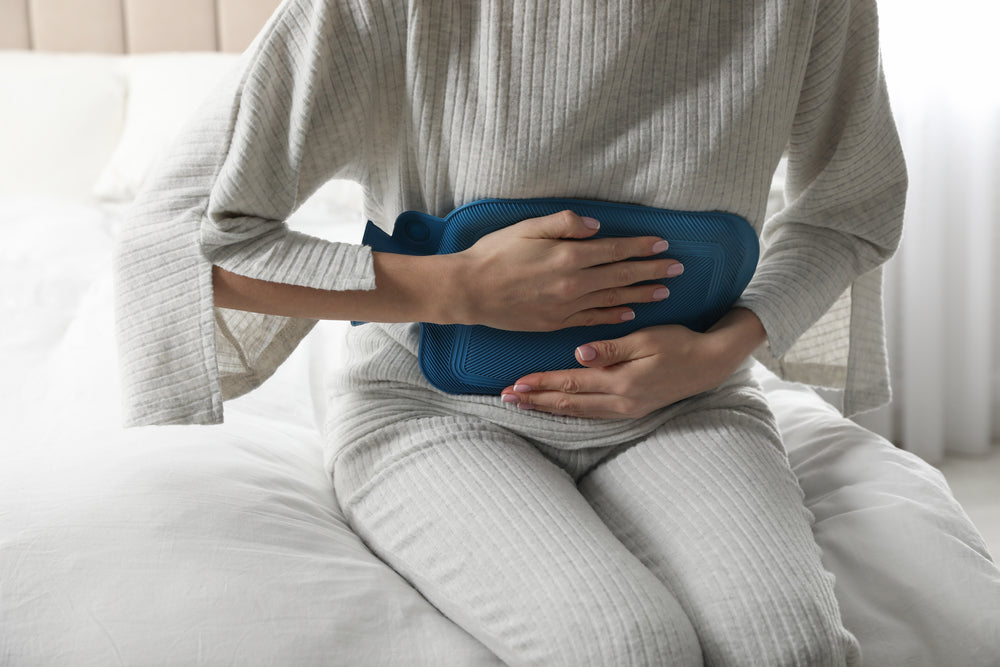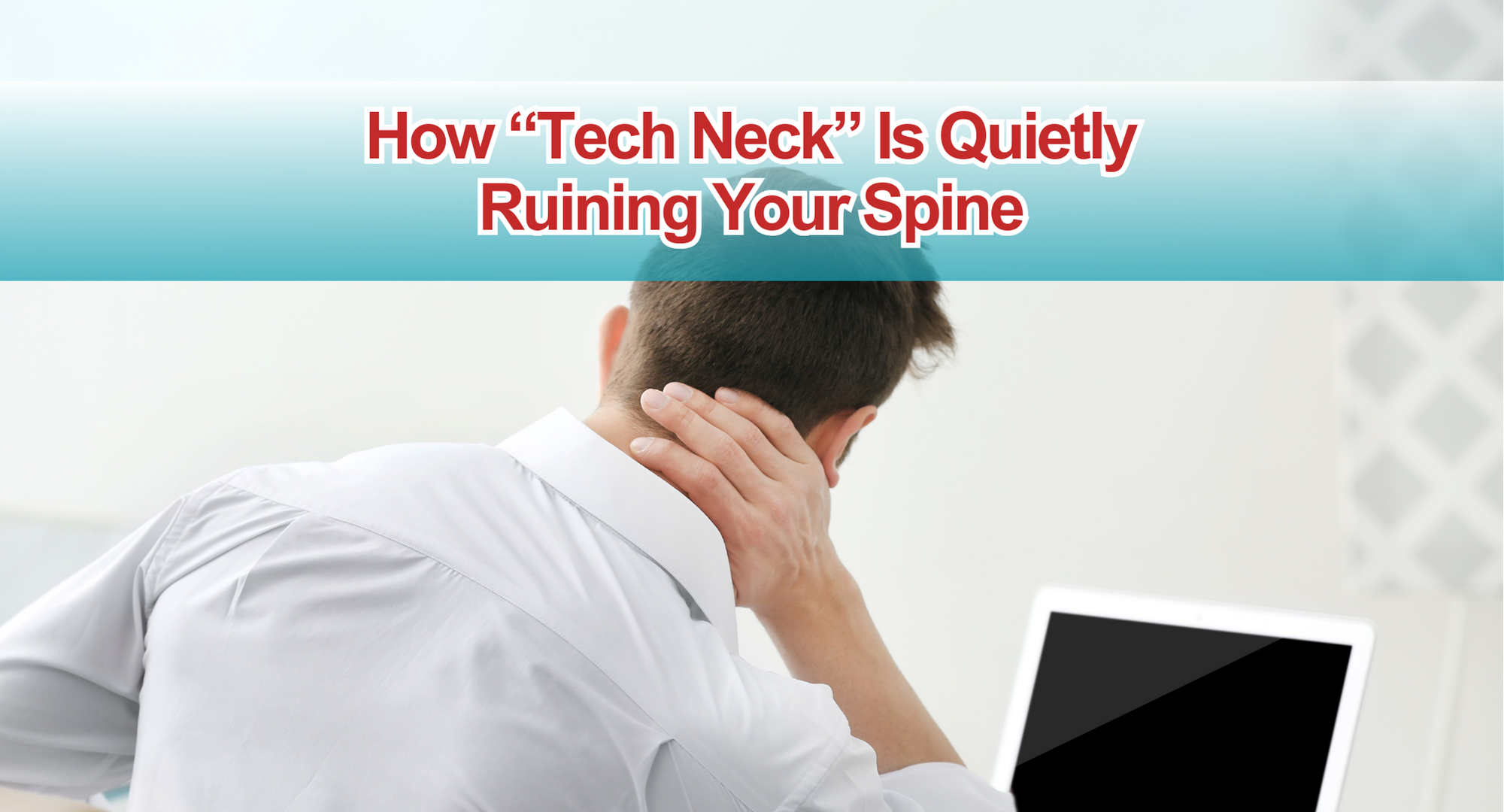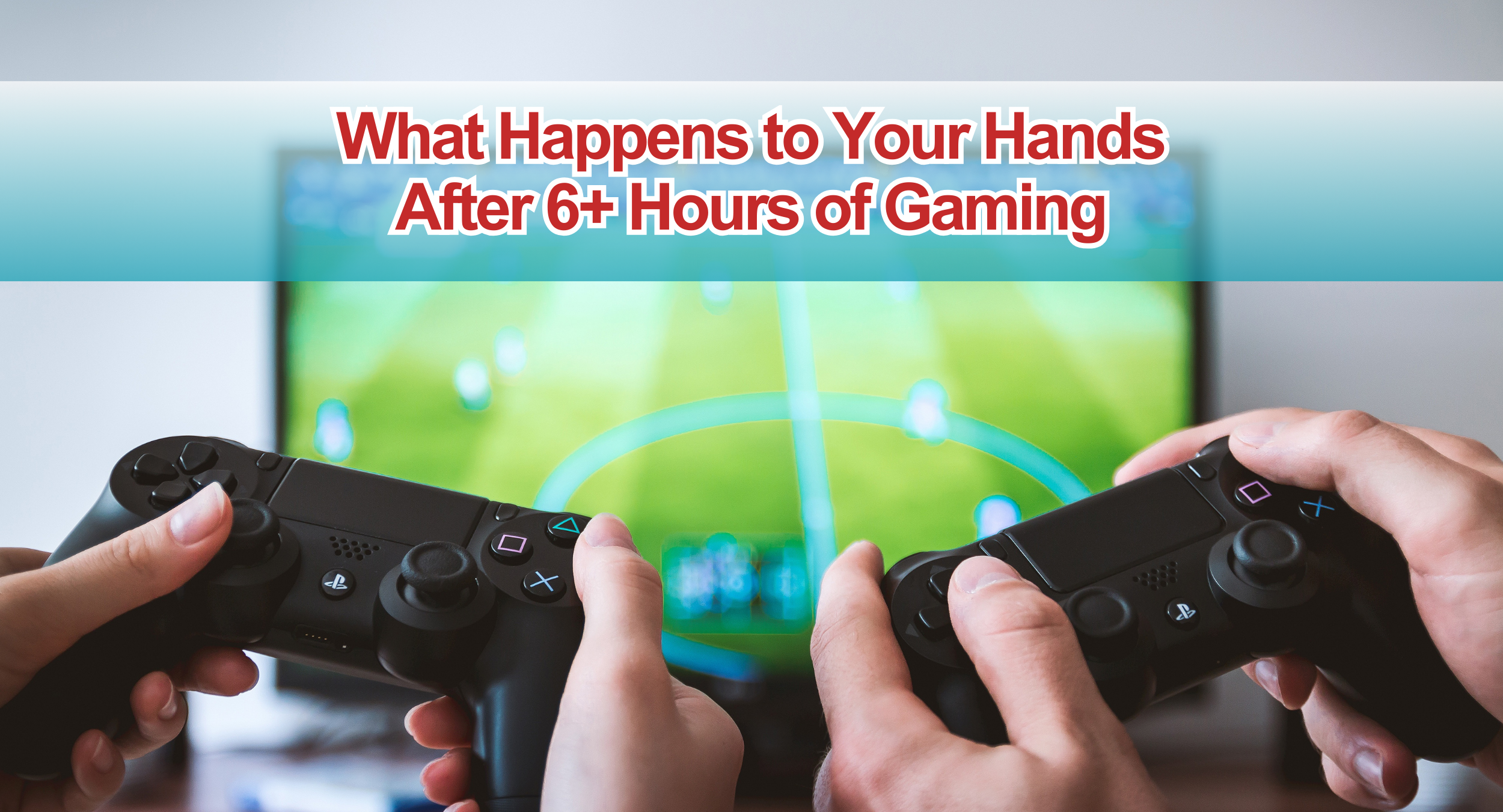Hormonal changes can cause a wide range of physical and emotional symptoms, including pain. For many women, hormonal pains are a regular part of their monthly menstrual cycle. However, hormonal imbalances can also cause pain and discomfort at other times, including during pregnancy, menopause, and other periods of hormonal fluctuation.
If you are experiencing hormonal pain, it is important to understand the causes and learn strategies for managing the discomfort. Here are some key points to consider:
CAUSES OF HORMONAL PAIN:
- Menstrual Cramps: The most common type of hormonal pain is menstrual cramps, which occur when the uterus contracts to shed its lining. These cramps are caused by hormonal changes, specifically an increase in prostaglandins, which are chemicals that cause inflammation and pain.
- Endometriosis: This condition occurs when the tissue that normally lines the uterus grows outside of it, causing pain and discomfort. Hormonal fluctuations can exacerbate endometriosis symptoms.
- Fibroids: Uterine fibroids are non-cancerous growths that can cause pain and discomfort. Hormonal changes can cause fibroids to grow and lead to pain.
- Pregnancy: Hormonal changes during pregnancy can cause a range of discomforts, including back pain, pelvic pain, and abdominal pain.
- Menopause: The hormonal changes that occur during menopause can cause a range of symptoms, including hot flashes, night sweats, and vaginal dryness.
Hormonal pains can have several risks and negative effects on an individual's physical and emotional well-being, including:
- Chronic Pain: Hormonal pain can be chronic, with symptoms lasting for several days or weeks, affecting an individual's ability to perform everyday tasks and engage in physical activities.
- Emotional Distress: Hormonal pains can cause emotional distress, leading to depression, anxiety, and irritability, affecting an individual's quality of life.
- Hormonal Imbalance: Hormonal pain can indicate a hormonal imbalance, leading to issues such as irregular periods, weight gain, and other health problems.
- Impact on Fertility: Hormonal pain can impact fertility, making it difficult for individuals to conceive or carry a pregnancy to term.
- Decreased Productivity: Hormonal pain can decrease an individual's productivity, affecting their ability to perform at work or school.
- Relationship Strain: Hormonal pain can cause strain on relationships, affecting intimacy, communication, and overall emotional connection.
- Financial Burden: Hormonal pain can lead to financial burdens, including medical bills and missed work, leading to financial stress.
It is important to address hormonal pain and seek treatment to reduce the risks and negative effects associated with it.
STRATEGIES FOR MANAGING HORMONAL PAIN:
Over-the-counter pain relief
For mild to moderate menstrual cramps, nonsteroidal anti-inflammatory drugs (NSAIDs) such as ibuprofen or naproxen can help relieve pain and reduce inflammation.
Hormonal Birth Control
Hormonal birth control, such as the pill, patch, or IUD, can help regulate hormonal fluctuations and reduce menstrual pain.
Relaxation Techniques
Stress can exacerbate hormonal pain. Practicing relaxation techniques, such as deep breathing, meditation, or yoga, can help reduce stress and ease pain.
Exercise
Exercise can help reduce menstrual pain by increasing blood flow and releasing endorphins, which are natural pain relievers.
Heat Therapy
Applying heat, such as with a heating pad or hot water bottle, can help reduce menstrual pain by relaxing the muscles and increasing blood flow.
Alternative Therapies
Acupuncture and herbal supplements have been found to help reduce menstrual pain for some women.
Massage
Massage can help relieve tension and pain in the muscles and reduce menstrual cramps.
If you are experiencing hormonal pain that is affecting your daily life, it is important to speak with your healthcare provider. They can help determine the underlying cause of your pain and provide personalized treatment options.
Managing hormonal pain can bring a range of benefits, including:
- Improved quality of life - By reducing the discomfort and pain associated with hormonal imbalances, women can feel better and more able to engage in daily activities.
- Better mental health - Hormonal pain can cause anxiety, depression, and irritability, but by managing these symptoms, women can improve their mental health.
- Enhanced physical health - Hormonal pain can lead to fatigue, sleep disturbances, and reduced physical activity. By managing hormonal pain, women can improve their overall physical health and well-being.
- Improved relationships - Hormonal pain can cause mood swings and affect relationships with friends, family, and partners. By managing the pain, women can improve their interpersonal relationships.
- Reduced risk of chronic pain - Untreated hormonal pain can lead to chronic pain, which can be difficult to manage. By addressing hormonal pain early on, women can reduce their risk of developing chronic pain conditions.
Overall, managing hormonal pain is crucial for improving overall health and well-being, and can bring a range of benefits to women at different stages of life.
Medcursor Cordless Heating Pad is a great option for managing hormonal pain. Its cordless design allows for easy portability and use on the go, while its adjustable heat settings offer customizable pain relief. The pad is also made with soft, comfortable materials for maximum comfort during use. With its long battery life and convenient size, the Medcursor Cordless Heating Pad is a great tool for managing hormonal pain at home or on the go.
In conclusion, hormonal pain is a significant health concern that can harm a woman's daily life. It is crucial to recognize the underlying causes of hormonal pain and to work with healthcare providers to develop an effective management plan. By addressing the underlying hormonal imbalances, making lifestyle changes, and seeking appropriate treatment, women can experience relief from their symptoms and improve their overall quality of life. It's also important to recognize that hormonal pain can have emotional and psychological effects, and seeking support from friends, family, or a healthcare provider can be beneficial in managing these aspects of the condition. Finally, it's essential to prioritize self-care and engage in activities that promote relaxation, such as meditation or yoga, to help manage stress and reduce the impact of hormonal pain on daily life.
Feel better, Move better, Be better.












